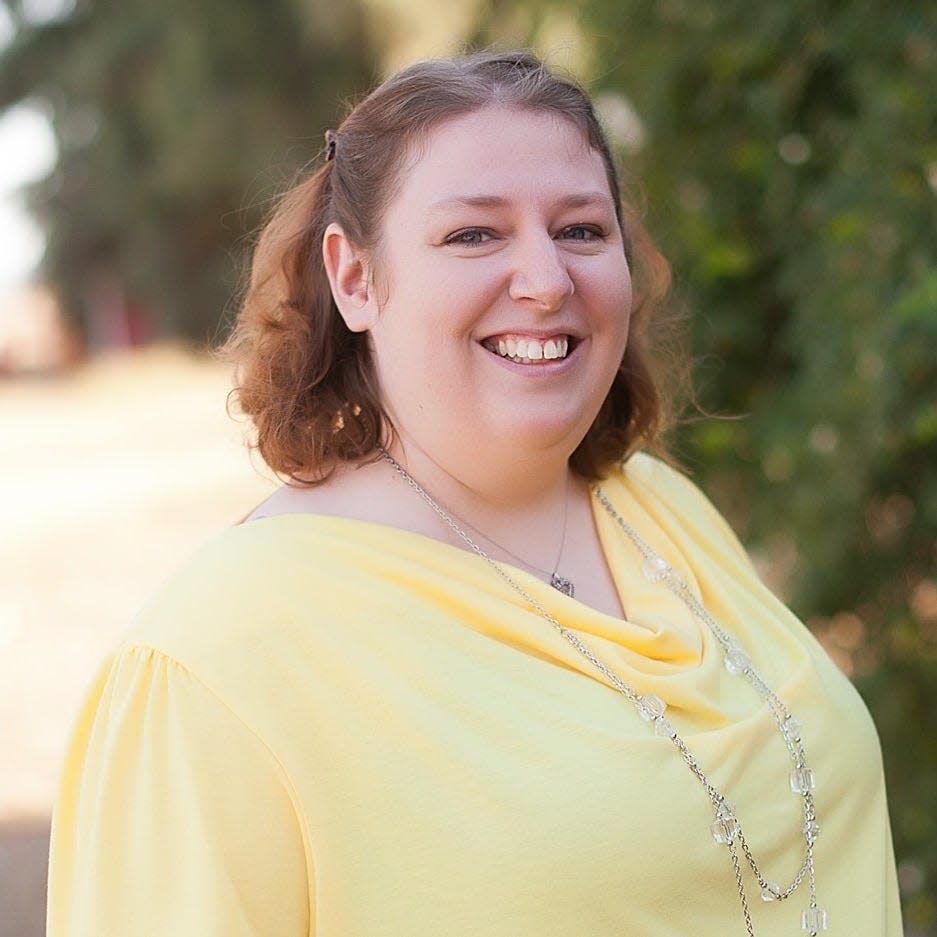Julie Maurer: What is composting and why is it important?
Over the next few years, you’re going to hear a lot about composting. This will be even more the case with food composting.
Before we get into why this topic is so important, we should probably tackle the “what.” Composting is the processing of allowing organic waste to break down into a usable material, such as a soil amendment (fertilizer) or mulch. Organic waste can include a wide variety of things, such as yard waste and food scraps.

And why is keeping it out of the landfill so important? The Environmental Protection Agency estimates about 24% of waste in landfills is comprised of organics. It is difficult for them to break down in landfills, particularly those in plastic garbage bags. Even worse — just that quarter of waste in the landfill is responsible for 58% of the dangerous methane emissions from these locations.
That’s why composting is important — if we can utilize every tool that we have to divert these organics and break them down naturally into the soil, this would go a long way to improving our air quality and limit the amount of waste we are sending to the landfill.
The state of Michigan is requiring all counties to write new materials management plans within the next three years with waste diversion. Part of this plan must include goals for an increase in composting organics.
Lenawee County does not have many composting opportunities, so there is lots of room for growth. However, there are a few options both in and outside the county for composting your yard waste and food scraps to keep them away from landfills.
Backyard composting
The EPA has an excellent guide on backyard composting, which can be found at epa.gov/recycle/composting-home. A good compost pile in your yard will consist of brown organics, meaning yard waste like leaves, branches, etc., and green waste, such as vegetables. Beyond setting it up, effort put into this project will involve occasionally turning (mixing it), until eventually it turns into nutrients for your garden.
The EPA notes a well-maintained pile will take about 3-5 months to produce compost for your garden.
Yard waste composting
Many municipalities and waste haulers within Lenawee County offer yard waste pickup services throughout the year, but there are also other options for residents.
The village of Clinton, city of Morenci, village of Onsted and the city of Adrian all have composting sites for their residents to use.
The city of Adrian compost site will allow non-residents to use their site, for a fee. With the purchase of a tag from city hall, you can collect composted soil for the garden at the site as well. Visit their website for more information.
Ann Arbor Compost Center takes in yard waste from non-residents to compost for a fee.
You can pay a private garden/farm business such as The Mulch King in Temperance or Ohio Compost near Toledo to take your yard waste and put it to good use.
Food waste composting
Other than backyard composting, there are not many opportunities within Lenawee County for residents to take their food waste for composting. This is something that may be addressed in our upcoming materials management plan. However, there are still some options for those interested in composting their food scraps.
Take it to a composting drop-off spot. The Ann Arbor Compost Site accepts food waste for a fee.
Some businesses like Bad Apple Compost in Toledo do a bucket exchange for a membership fee.
There are companies like The Mill that provide a bin and a mail-in option for food composting for a subscription cost.
Get an in-home food composter machine. For an initial purchase cost, it is a machine in the kitchen that you can scrape your food into, and it will yield some soil for your garden. It's an easy way to start composting.
This will probably be one of many times you read about composting from various organizations in the next few years. This is the topic of conversation for materials management professionals around the country. By looking for ways for our organic waste to decay naturally, we can reduce the amount of space they take up in the landfill — and the toxic methane emissions they produce.
— Julie Maurer is the coordinator of the Solid Waste and Materials Management Program for the Lenawee County Health Department. She can be contacted at 517-264-5263 or via email at julie.maurer@lenawee.mi.us.
This article originally appeared on The Daily Telegram: Julie Maurer: What is composting and why is it important?
